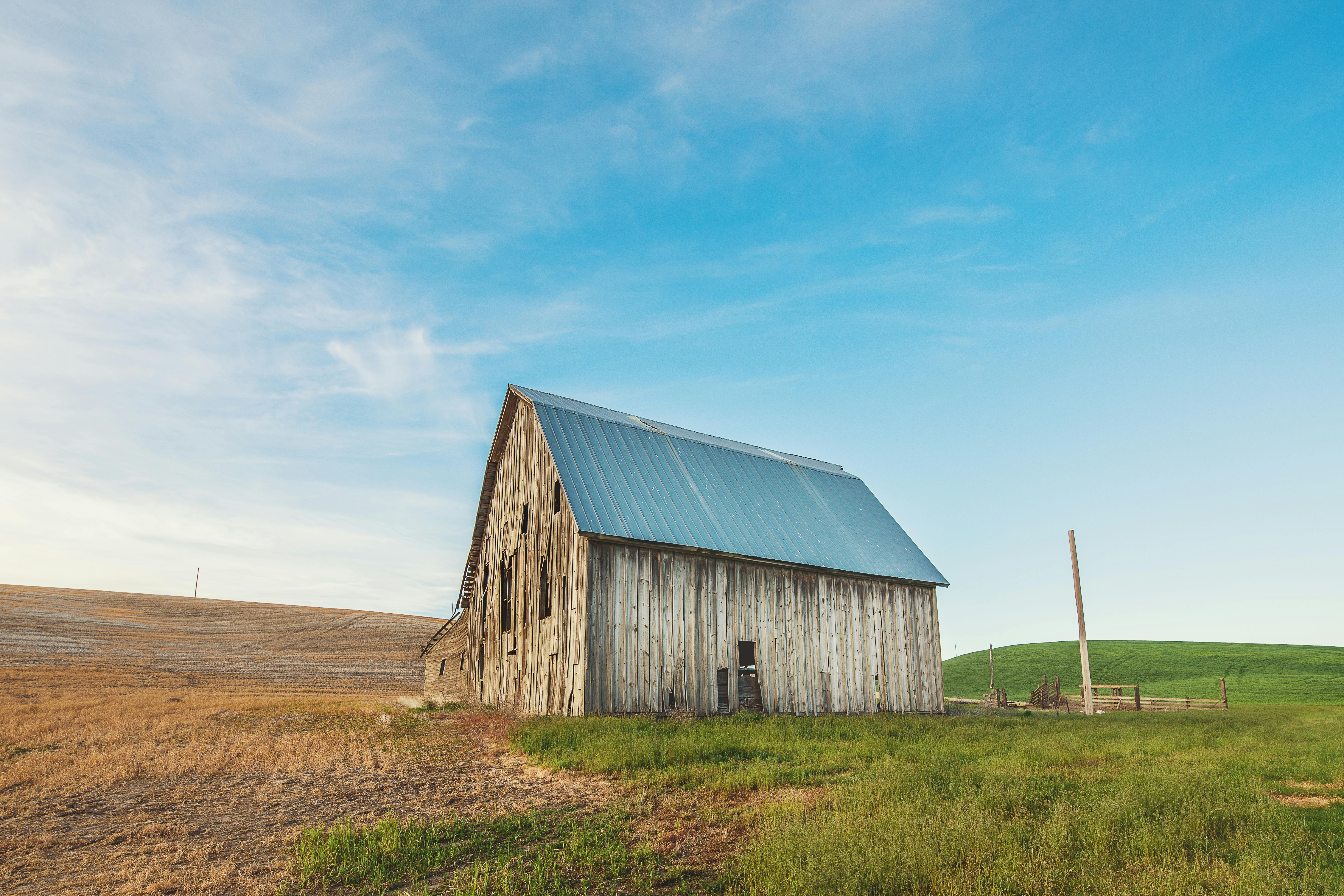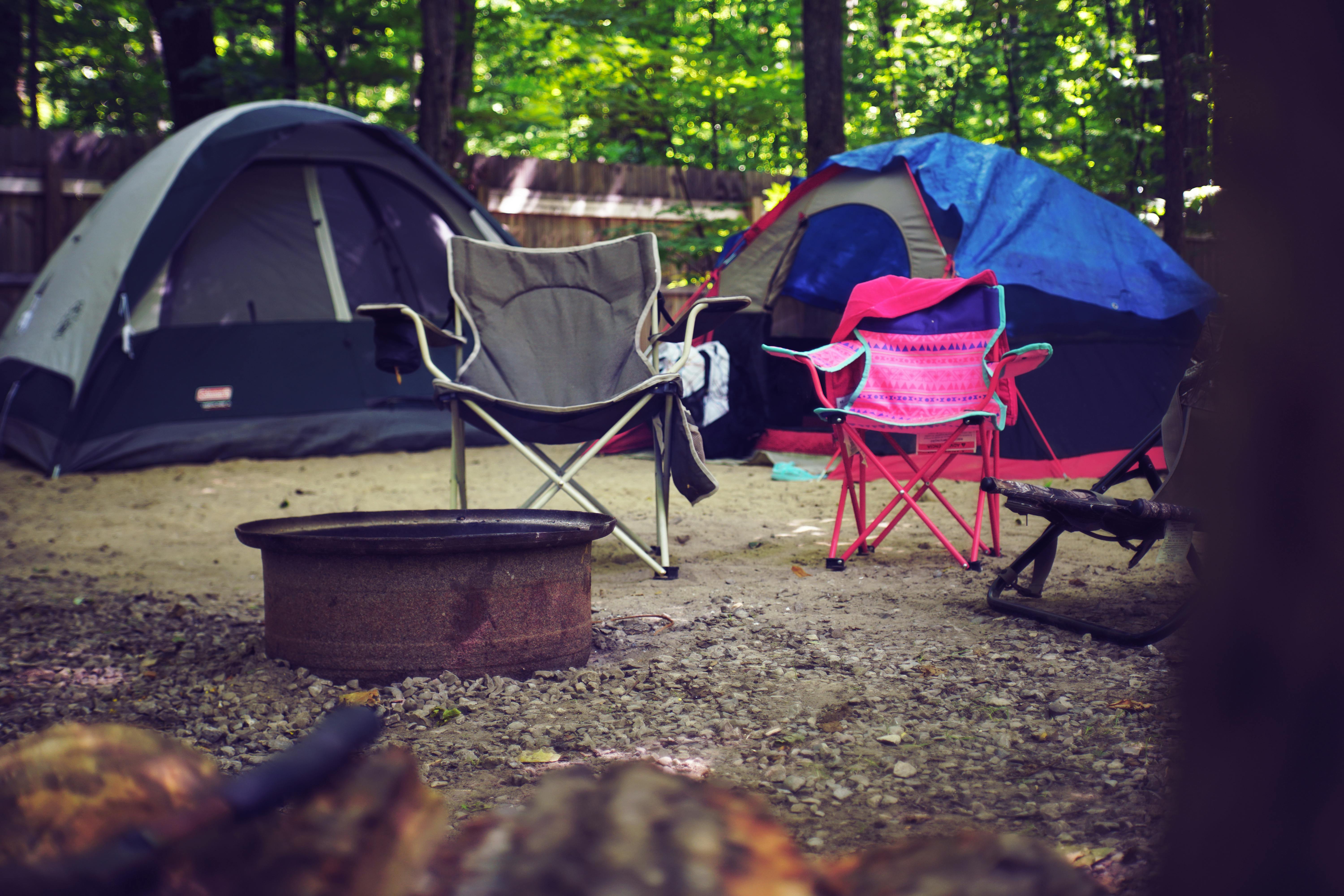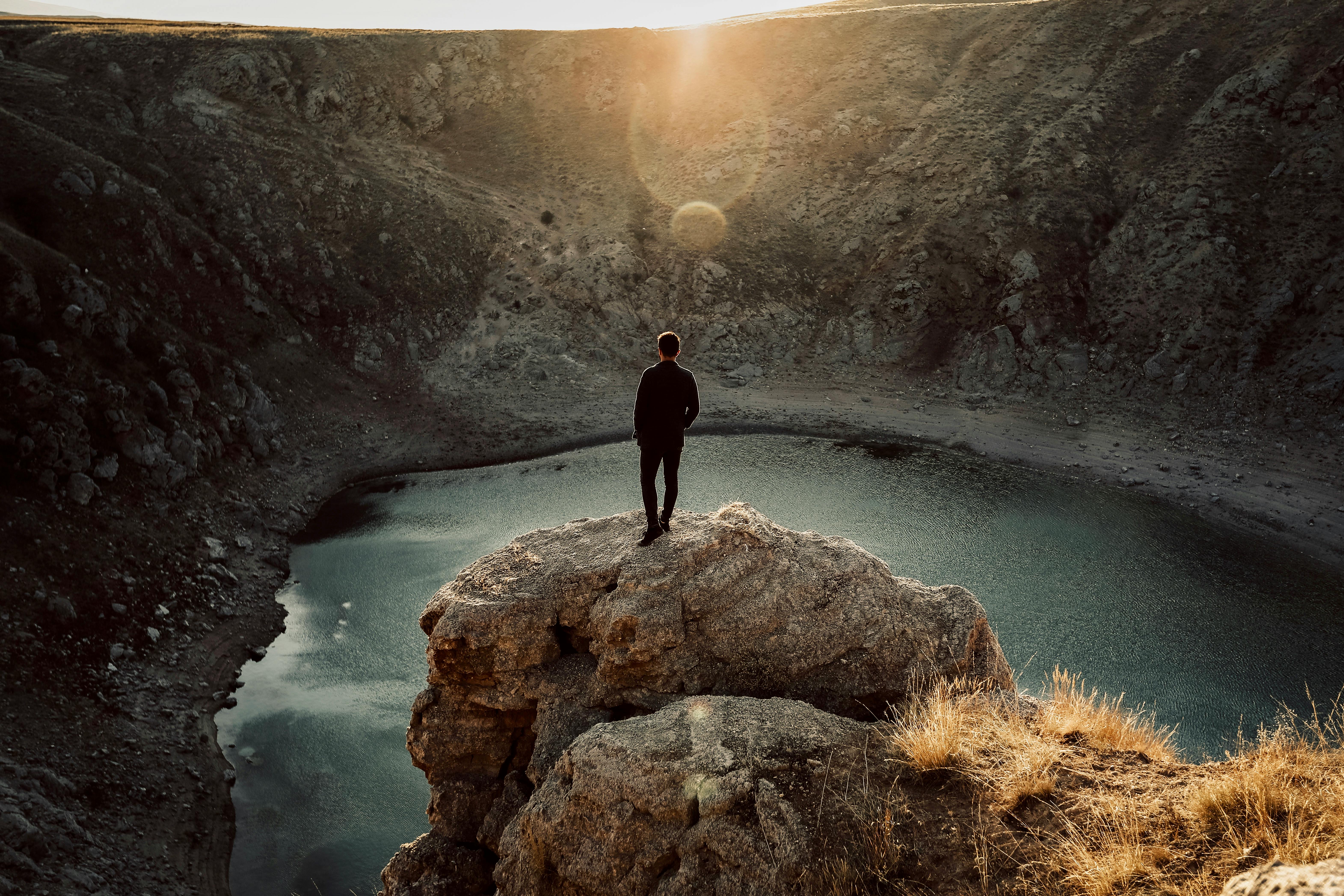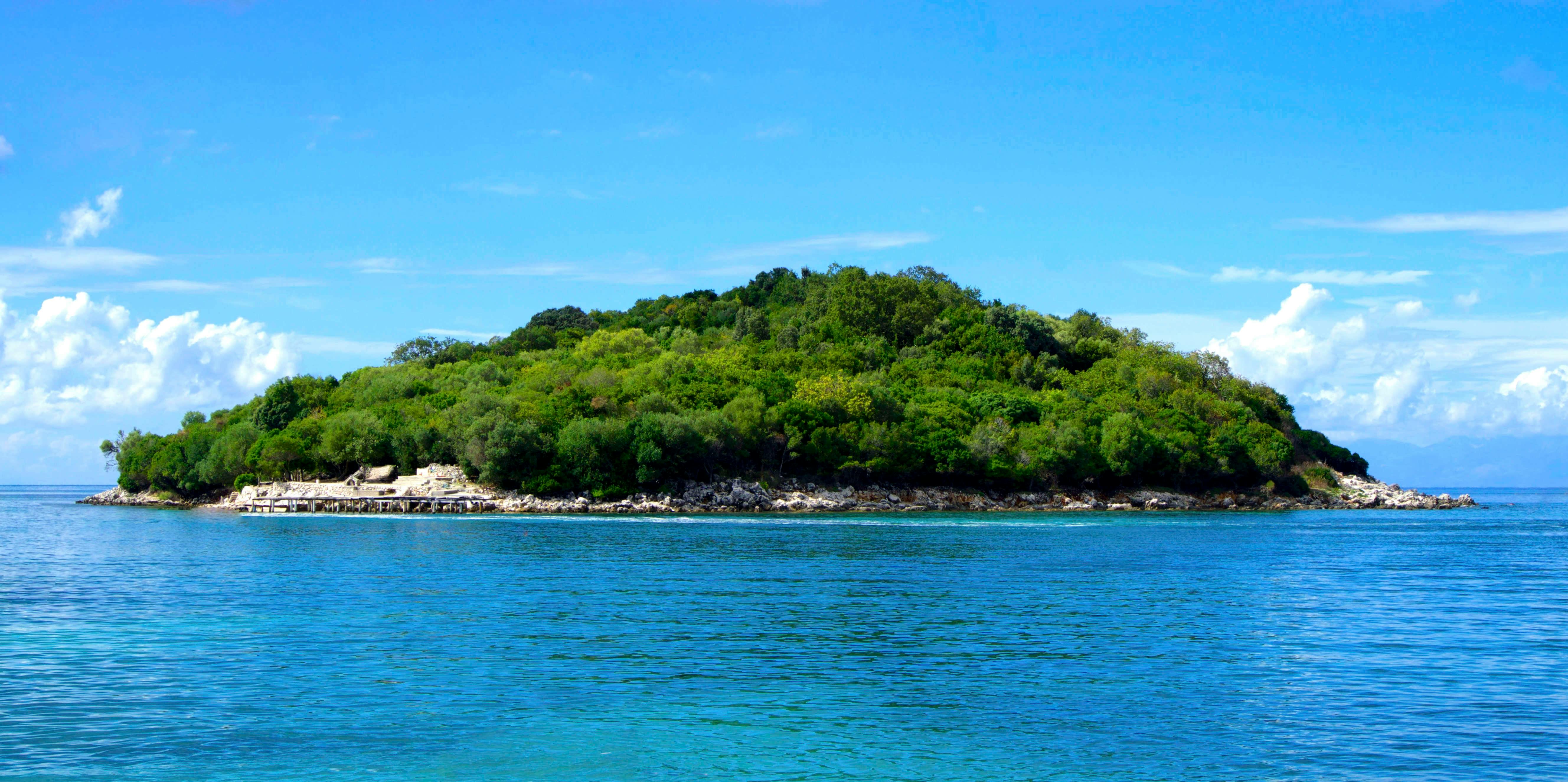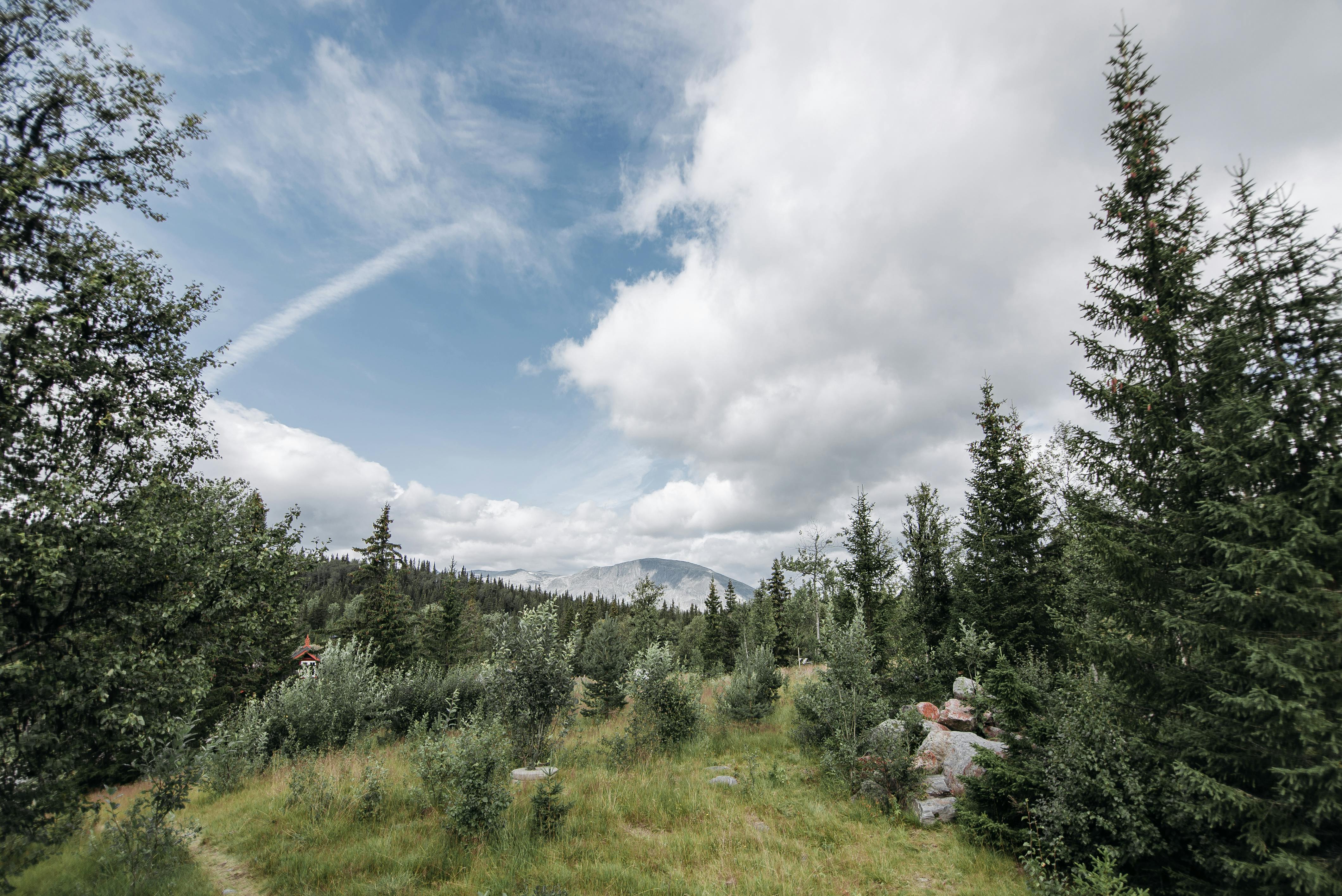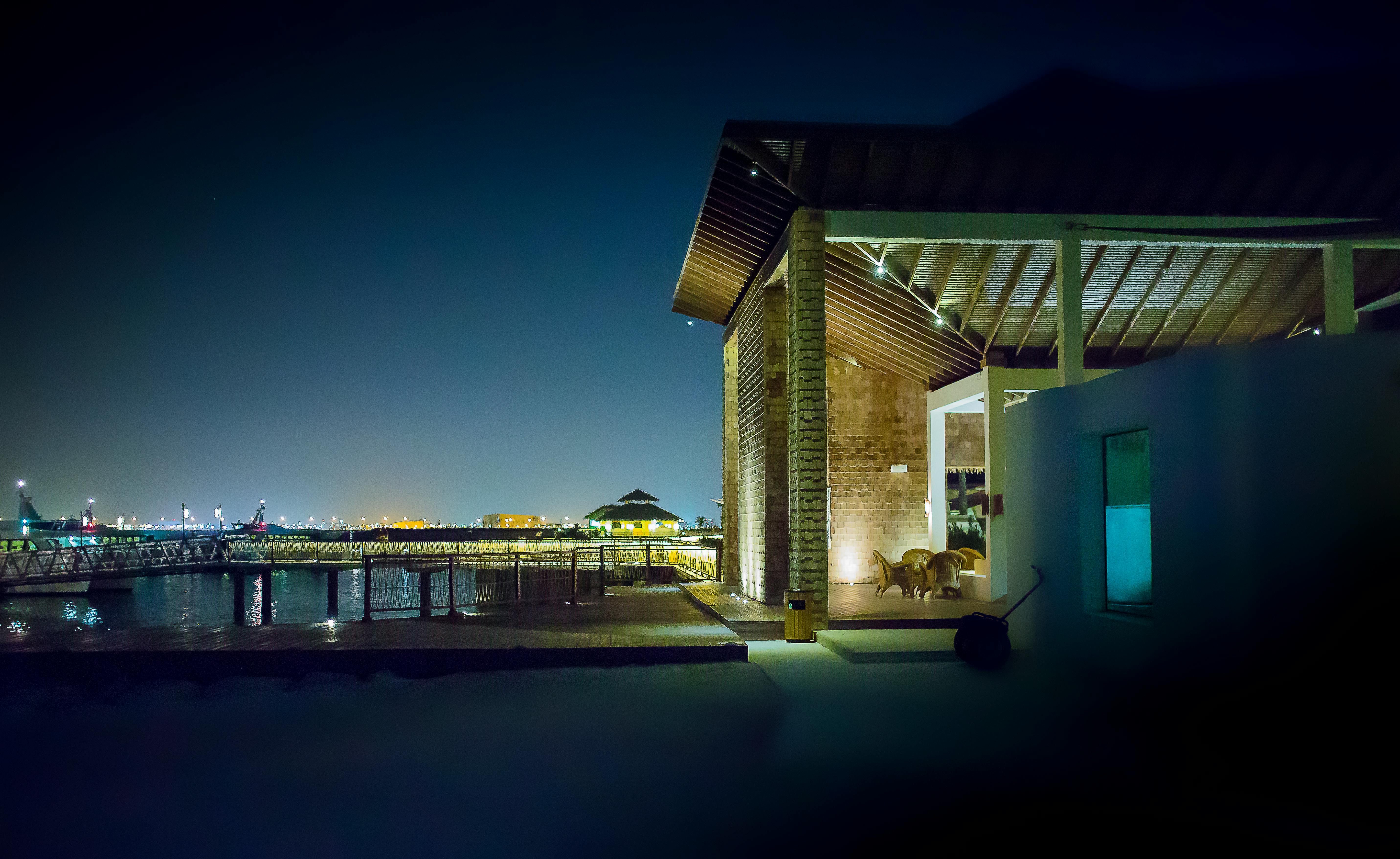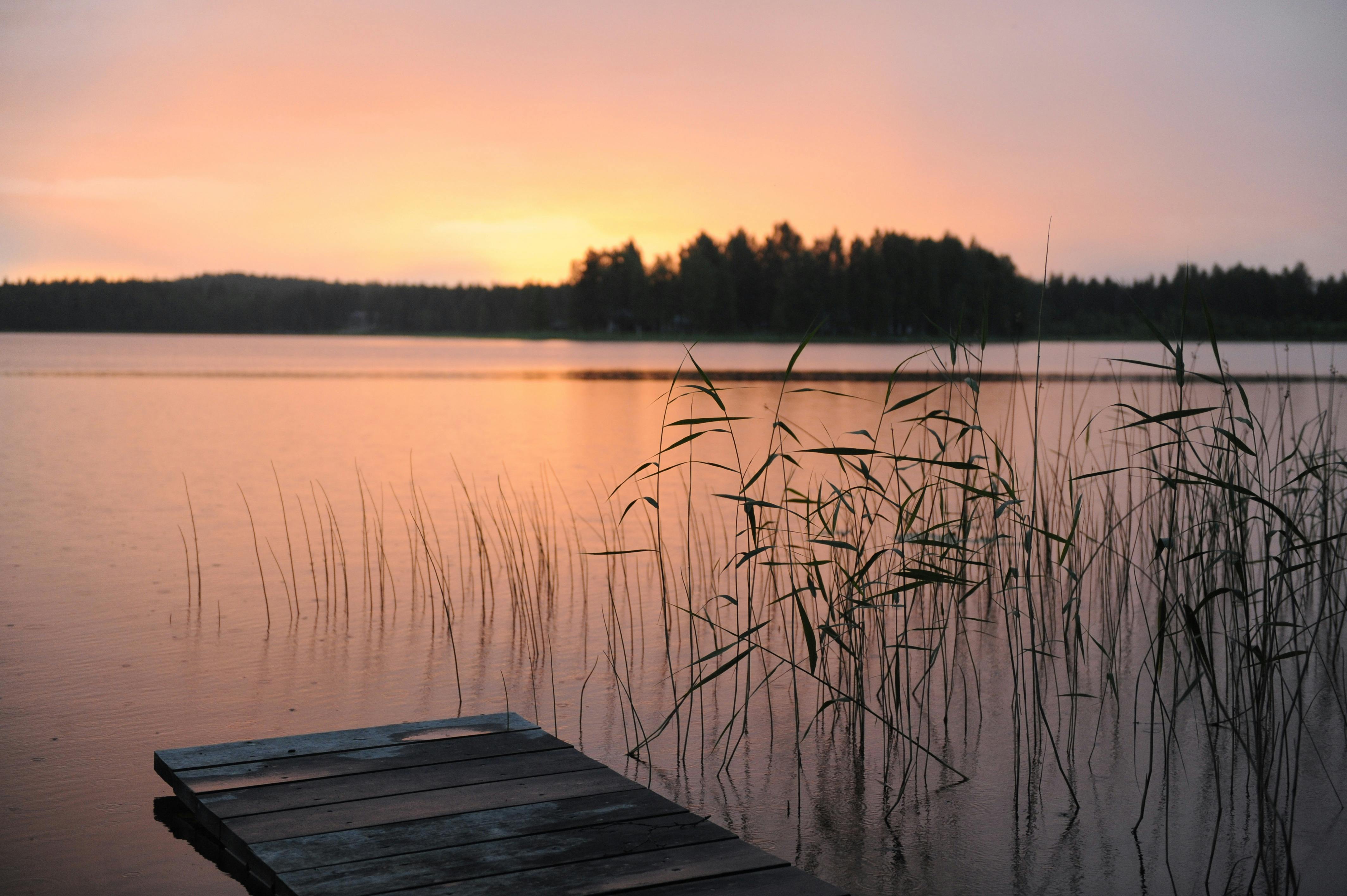Did the economy get you down? Considering canceling your vacation or looking for a cheaper alternative to expensive amusement parks? If you need to find a way to have a great vacation, but do it while stretching your money as much as possible, take some time to research the United States National Park System.
In the United States, the National Park Service controls and provides for the National Park System. This agency was created by President Woodrow Wilson in 1916 when he decided that the government needed to take some responsibility for protecting our beautiful national forests, deserts, mountains, lakes and canyons. The purpose of this protection was to ensure that these areas would be available for future visits by United States citizens.
The first recognized national park was Yellowstone National Park located in northwestern Wyoming and the first national monument, also located in Wyoming, was Devil’s Tower. Although the system started out small, that is no longer the case.
This small government agency has now grown to the point where it oversees more than 390 separate protected areas and employs nearly 22,000 federal workers. As part of the 390 protected areas there are almost 60 National Parks, ranging in size from 13,200,000 acres in Alaska, to National Historic Sites that are less than 0.02 acres.
There are national parks in more than 50% of the states in the United States, so chances are that no matter where in the country you live, there’s a national park somewhere nearby.
Maybe you live in the Four Corners area of the Southwest, if so then you can visit Mesa Verde. If you live in Northern California, check out Sequoia, Yosemite, or Redwood. If you live in Utah, try Arches or Zion. Shenandoah is a short trip for anyone who lives near North Carolina and last but not least, if you live in the United States, you should make sure to see Yellowstone National Park.
In addition to their proximity, another great advantage of national parks is how affordable they are. You can pay a small entrance fee at each park, which typically ranges from $5 to $25 per vehicle, or you can purchase an annual national park pass for $80 and avoid paying admission at all national parks.
We hope this short article has motivated you to take some time to consider visiting at least one of our national parks. If you want, it can only be a short trip, lasting less than a full day, or you can spend more time, even weeks, backpacking and camping in the backcountry (permit required). Whatever you decide, we wish you the best of luck.
